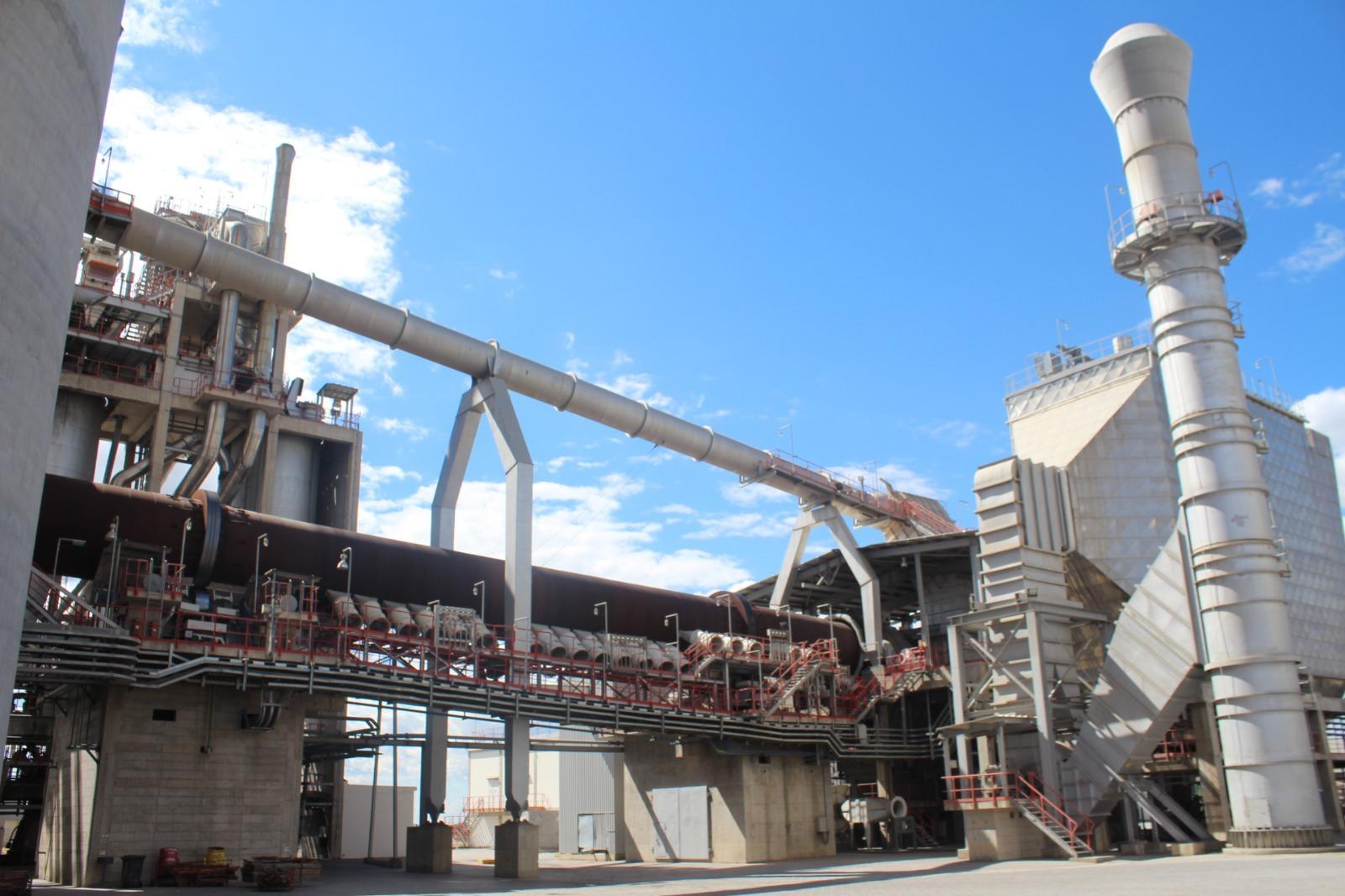Africa-Press – Namibia.
Whale Rock Cement’s attempt to acquire Schwenk Namibia, the producer of Cheetah Cement, is facing strong opposition from stakeholders who fear it could create a monopoly in the local cement industry.
On Thursday, the Namibian Competition Commission (NaCC) held a stakeholder meeting to gather information about the proposed acquisition of the parent company of Ohorongo Cement. NaCC CEO Vitalis Ndalikokule stated that on 17 February 2025, the commission received a merger notification regarding Whale Rock Cement’s proposal to acquire 100% of the issued share capital in Schwenk Namibia.
The transaction entails acquiring ownership of Schwenk Namibia from its parent company, Schwenk Zement International GmbH & Co, a German cement conglomerate.
The Chinese-owned Whale Rock Cement operates Namibia’s second cement plant, located near Otjiwarongo, where it produces Cheetah Cement.
As a result, NaCC brought together stakeholders to discuss the proposal, during which various interest groups presented their submissions.
In his submission, George Garab, the Otavi constituency councillor representing the Otavi Cement Group, expressed objection to the merger.
This is particularly concerning the potential sale of Ohorongo to foreign investors.
“The deal appears to have been structured without any genuine effort to engage local shareholders, financiers or industry players. This is contrary to national aspirations of economic empowerment, localisation and equitable ownership of key industries,” he said.
Garab noted that even the Otavi Cement Group, which owns the licence to the farm where the Ohorongo plant is located near Otavi, was not offered the opportunity to buy the shares.
He stated that selling to Whale Rock Cement would establish an effective monopoly in the Namibian cement industry.
Nick Korb, representing a business consortium including major clients for Ohorongo Cement, objected to the merger.
He said it will transform the Namibian cement market from a duopoly into a monopoly.
“If approved, Whale Rock Cement would obtain nearly complete control over cement production in Namibia. In other words, the only two cement manufacturing enterprises in the entire country would come under common ownership and control, eliminating any independent competition between them,” Korb said in the submission.
Schwenk Zement International GmbH & Co holds a 69.83% stake in Ohorongo Cement through Schwenk Namibia.
Its partners include the Industrial Corporation of South Africa, which owns 14.27%, the Development Bank of Namibia with 11.73%, and the Development Bank of Southern Africa, holding 4.17%.
Ohorongo Cement managing director Hans-Wilhelm Schutte said it is well known that Schwenk has been attempting to sell its operations in Namibia for some time.
He noted that this aligns with Schwenk’s strategic intent to expand in Europe, particularly in relation to the deals made in Northern Europe and the Baltics, including the acquisition of cement plants in those regions.
He maintained that local cement manufacturing is facing growth challenges, with an average market consumption of 600 000 tonnes per year and a surplus capacity of close to two million tonnes.
He said the Namibian market is too small to absorb the surplus, and with limited export markets.
For instance, there is a total ban of cement import into Angola, while Botswana restricts imports of cement bags weighing less than 1 000 kilogrammes.
For this reason, Schutte believes that the Namibian market can be adequately served by a single cement plant – in this case Cheetah Cement.
He added that the transaction will not affect the current shareholding in Ohorongo Cement.
Ndalikokule emphasised the potential threats posed by the horizontal merger between Cheetah Cement and Ohorongo Cement. “In some cases, a merger can lead to unilateral effects where the merged entity has the ability and incentive to raise prices or reduce output on its own without coordination with other firms. This can happen when the merger creates a dominant player with a significant market share, allowing it to exercise market power,” he said.
The meeting aimed to engage relevant stakeholders about the merger. The competition commission took note of the concerns and proposed remedies in making its determination as provided for under Section 47.1 of the Competition Act of 2003.
For More News And Analysis About Namibia Follow Africa-Press






